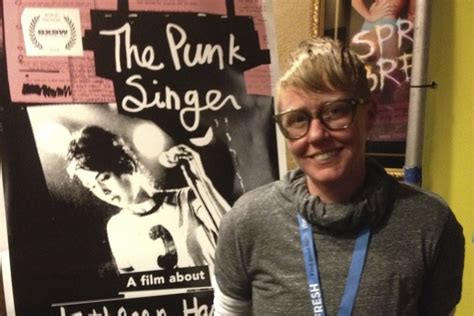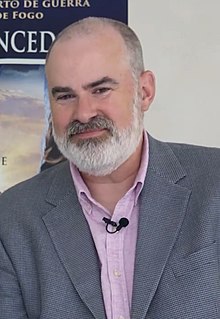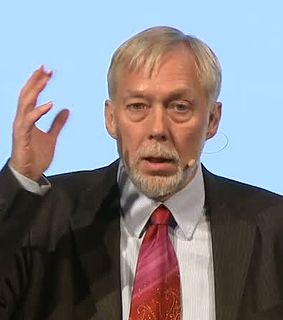A Quote by Ryan Gosling
I was highly influenced by violence.
Quote Topics
Related Quotes
I must remind you that starving a child is violence. Suppressing a culture is violence. Neglecting school children is violence. Punishing a mother and her family is violence. Discrimination against a working man is violence. Ghetto housing is violence. Ignoring medical need is violence. Contempt for poverty is violence.
We must realize that violence is not confined to physical violence. Fear is violence, caste discrimination is violence, exploitation of others, however subtle, is violence, segregation is violence, thinking ill of others and condemning others are violence. In order to reduce individual acts of physical violence, we must work to eliminate violence at all levels, mental, verbal, personal, and social, including violence to animals, plants, and all other forms of life.
I'm so sick of seeing guns in movies, and all this violence; and if there was going to be violence in Pines, I wanted it to actually be narrative violence. I wasn't interested in fetishizing violence in any way of making it feel cool or slow-motion violence. I wanted it to be just violence that affected the story.
You know, artists are influenced by other artists. We're all deeply influenced by what's around us; we don't make anything cold. Sometimes we think that we do. But within that, the most important part is that even though we're influenced, what are the levels of invention that we carry forth even as we've been influenced by something that's come before?
My approach to violence is that if it's pertinent, if that's the kind of movie you're making, then it has a purposeI think there's a natural system in your own head about how much violence the scene warrants. It's not an intellectual process, it's an instinctive process. I like to think it's not violence for the sake of violence and in this particular film, it's actually violence for the annihilation of violence.
Violence appears to be most commonly a result of threatened egotism -- that is, highly favorable views of self that are disputed by some person or circumstance. ... violence is perpetrated by a small subset of people with favorable views of themselves. ... Viewed in this light, the societal pursuit of high self-esteem for everyone may literally end up doing considerable harm.
All violence is injustice. Responding to violence with violence is injustice, not only to the other person but also to oneself. Responding to violence with violence resolves nothing; it only escalates violence, anger and hatred. It is only with compassion that we can embrace and disintegrate violence. This is true in relationships between individuals as well as in relationships between nations.




































